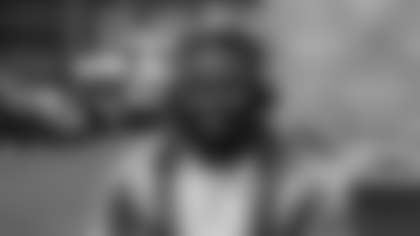Devery Henderson wasn't as quiet as we were led to believe he was as a New Orleans Saints player. He had plenty to say when the time came to take a player to task in the receiver room.
If, that is, the player was Devery Henderson.
"Basically, sometimes when you're not performing the way you should be, we hold each other to a certain standard," Henderson said. "At that time, I was being inconsistent and things like that. Kind of felt at times there were certain situations where I let those guys down, and I kind of spoke up for myself and let them know that that was on me, I'm going to continue to work hard and push them and get myself out of the little slump or whatever that I was in at the time.
"I've never thrown anybody else out there. Just me."
It worked well enough to lead Henderson's career to the Saints Hall of Fame, where this year's list of inductees includes former running back and special teams ace Fred McAfee, and longtime trainer Kevin Mangum, who is the recipient of the Joe Gemelli Fleur de Lis Award, presented annually to honor a person's contributions to the franchise.
"It means a lot," said Henderson, an Opelousas, La., native. "For me, growing up a Louisiana guy and actually being a Saints fan as a kid, and being familiar with some of the guys over the past years that are actually in the Hall of Fame, and looking at those guys and thinking to myself, 'I'm going to be put in a category with these greats,' that means a lot to me. Just representing my home state."
Take a look back at the top photos from New Orleans Saints legend Devery Henderson's career with New Orleans as he gets set to be inducted into the Saints Hall of Fame's 2022 class.
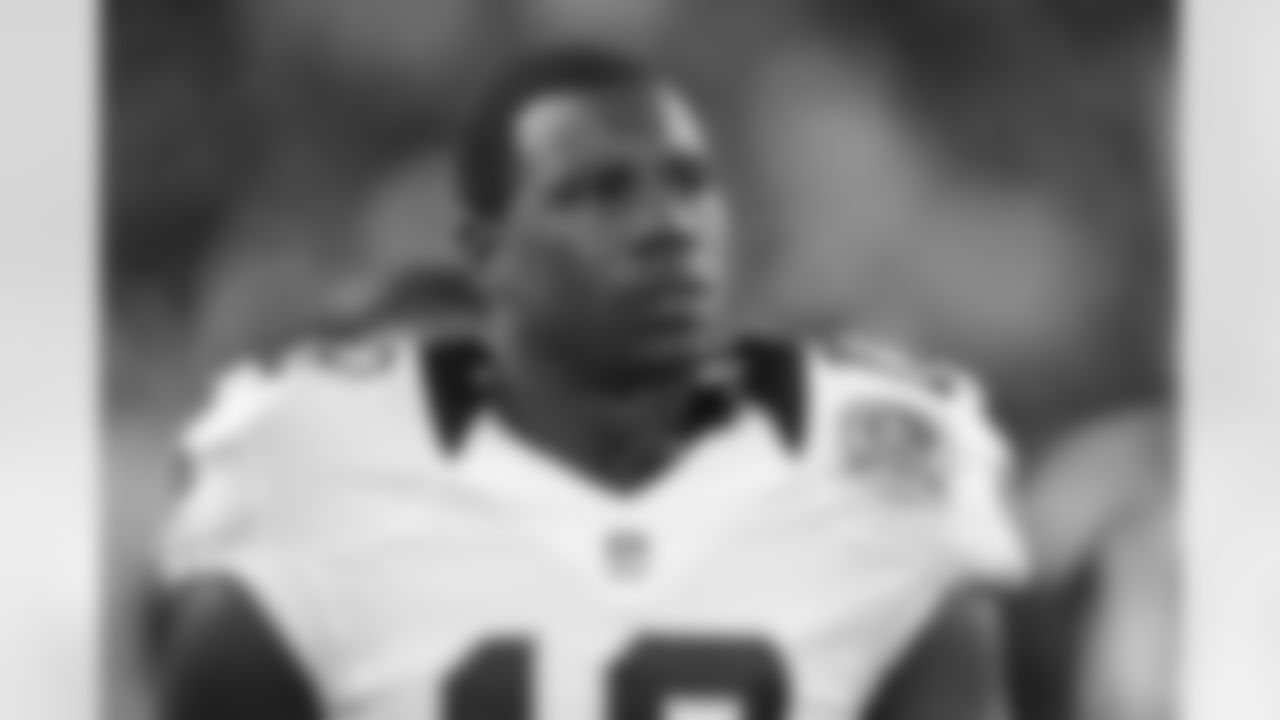
Take a look back at the top photos from New Orleans Saints legend Devery Henderson's career with New Orleans as he gets set to be inducted into the Saints Hall of Fame's 2022 class.
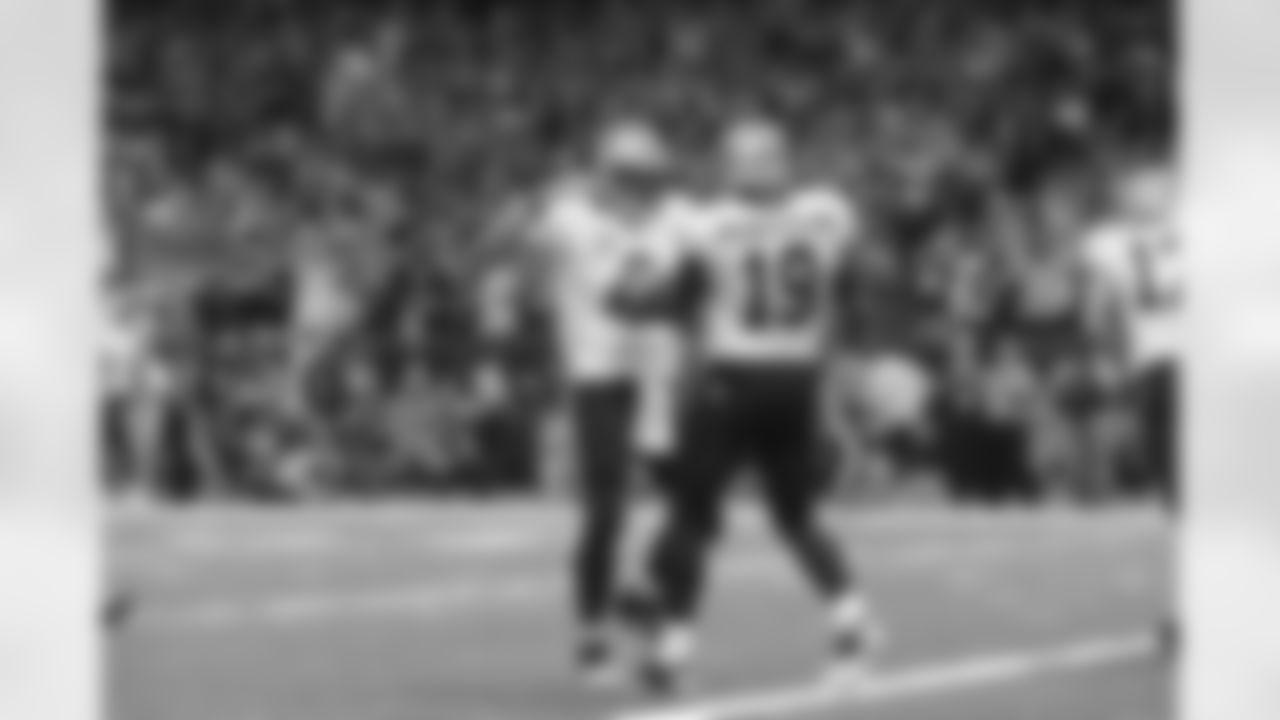
Take a look back at the top photos from New Orleans Saints legend Devery Henderson's career with New Orleans as he gets set to be inducted into the Saints Hall of Fame's 2022 class.
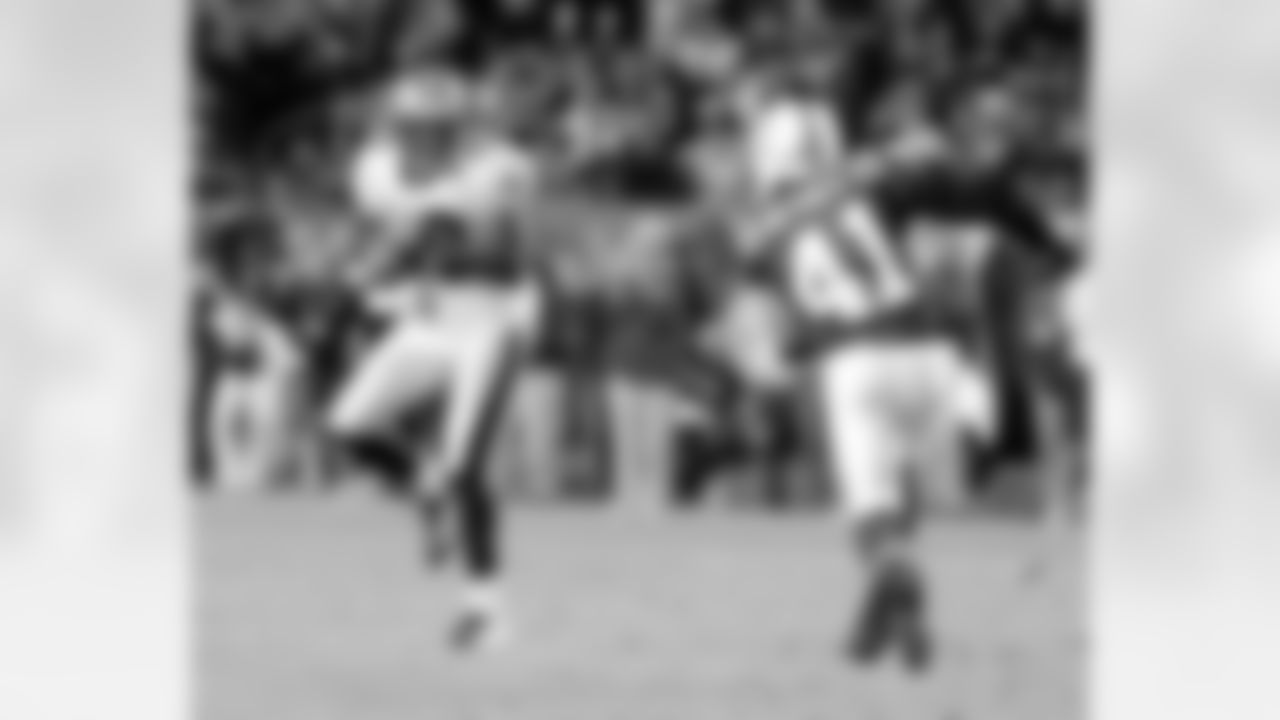
Take a look back at the top photos from New Orleans Saints legend Devery Henderson's career with New Orleans as he gets set to be inducted into the Saints Hall of Fame's 2022 class.
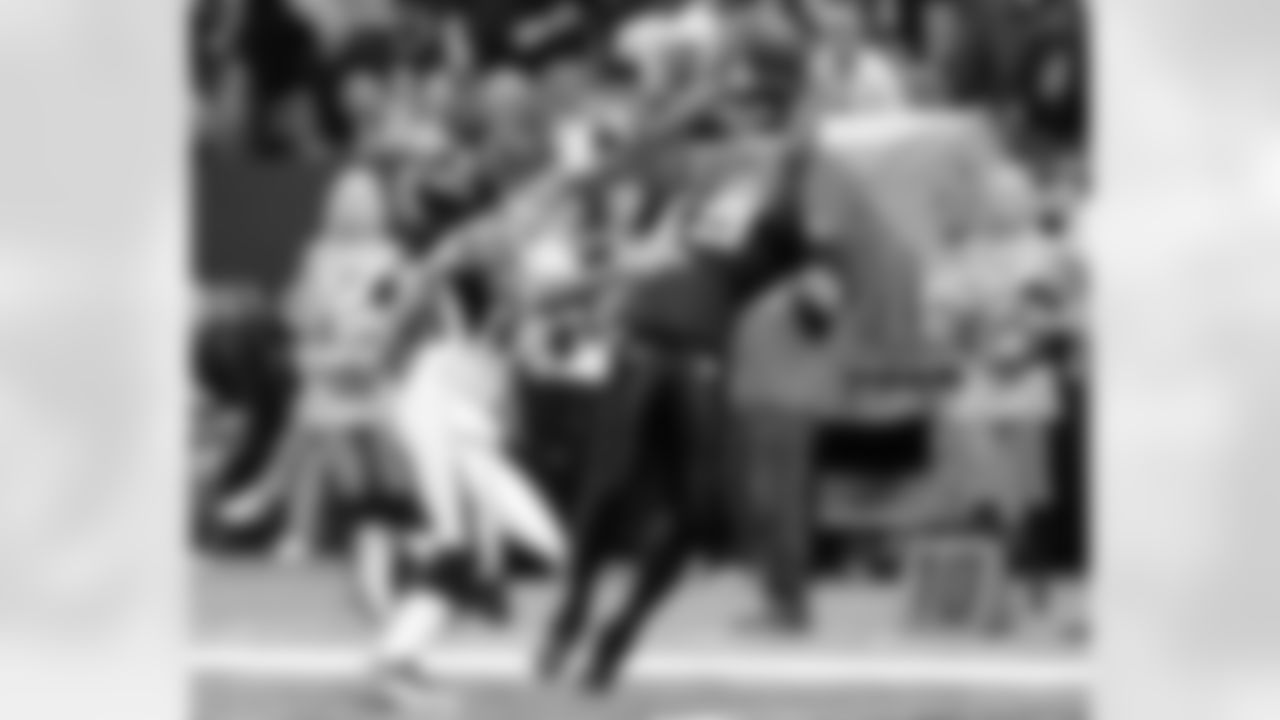
Take a look back at the top photos from New Orleans Saints legend Devery Henderson's career with New Orleans as he gets set to be inducted into the Saints Hall of Fame's 2022 class.
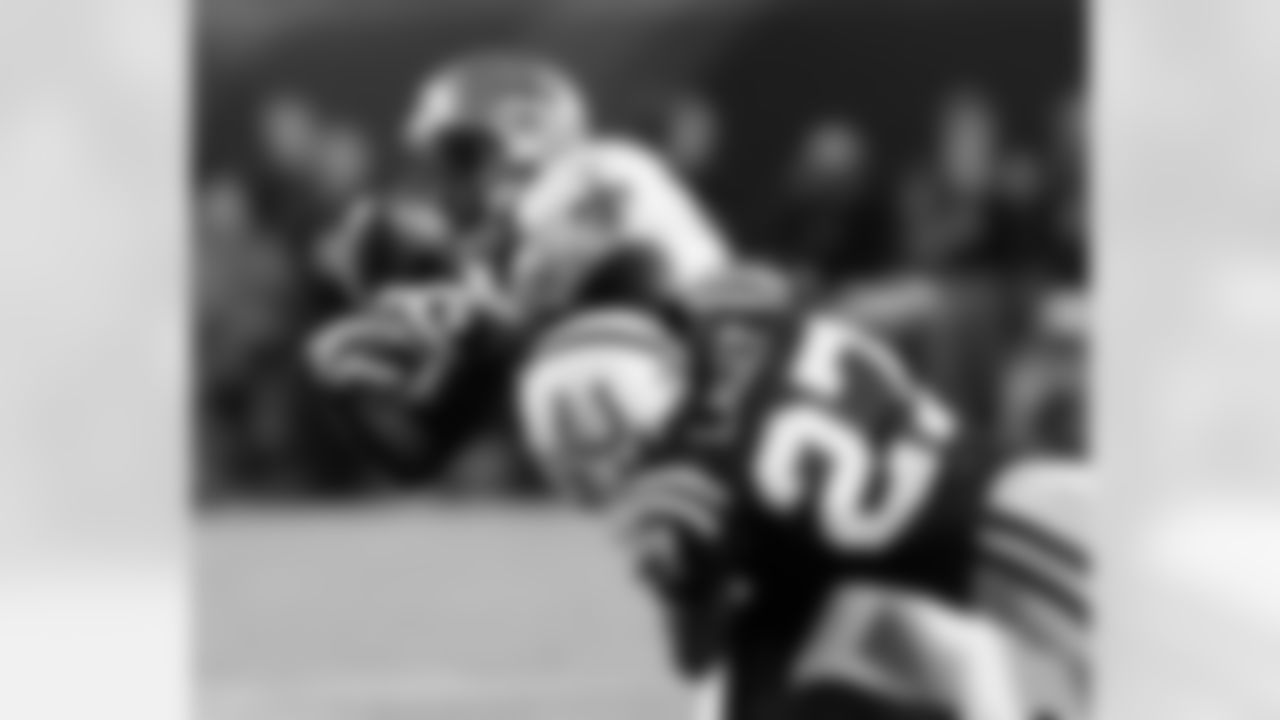
Take a look back at the top photos from New Orleans Saints legend Devery Henderson's career with New Orleans as he gets set to be inducted into the Saints Hall of Fame's 2022 class.
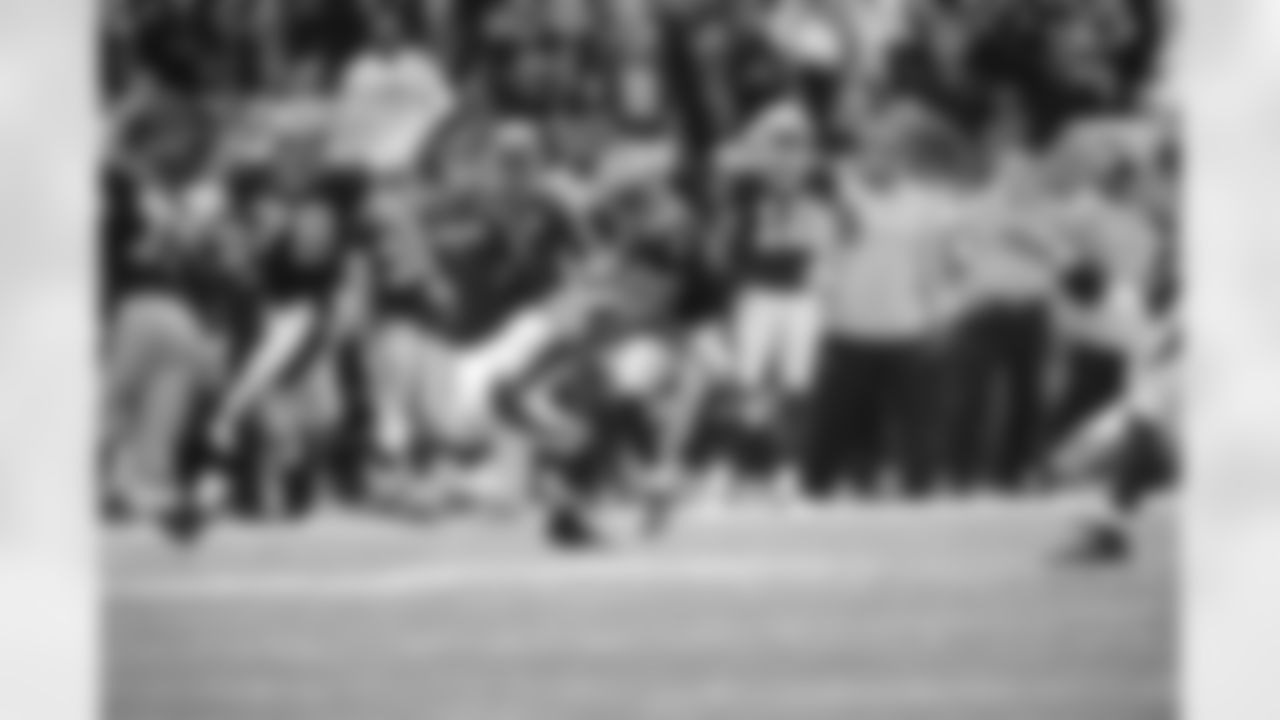
Take a look back at the top photos from New Orleans Saints legend Devery Henderson's career with New Orleans as he gets set to be inducted into the Saints Hall of Fame's 2022 class.
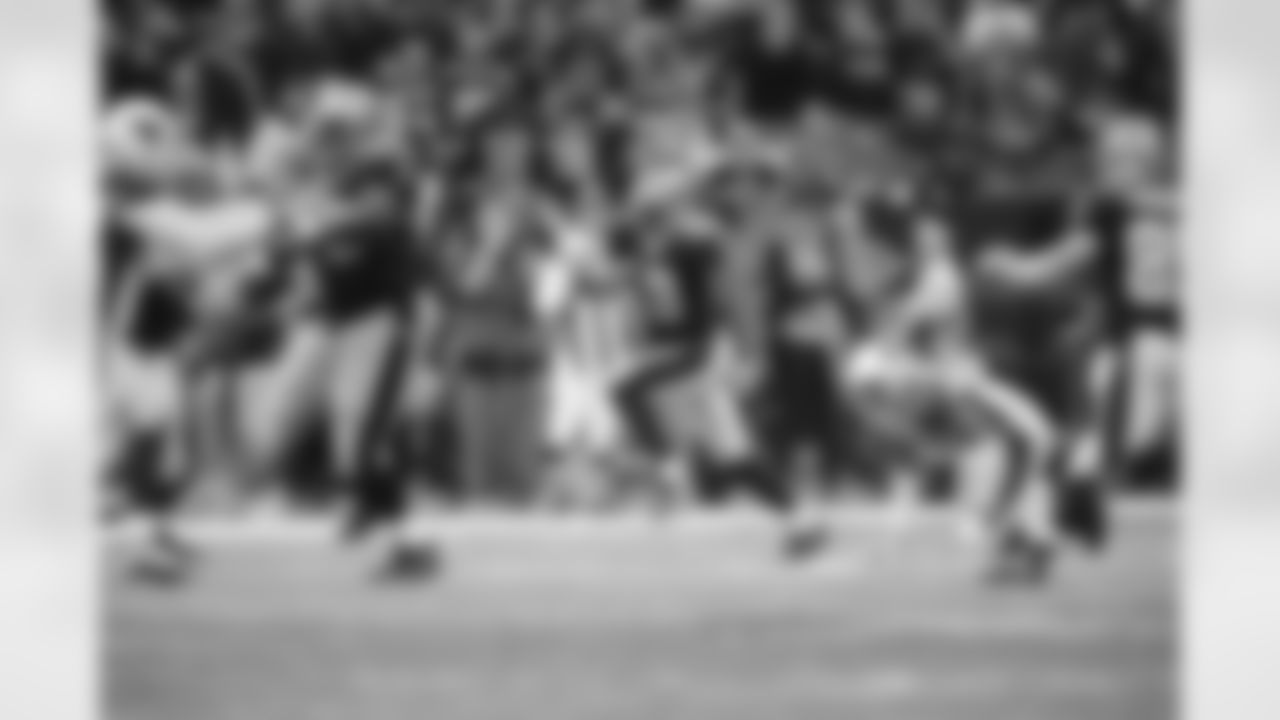
Take a look back at the top photos from New Orleans Saints legend Devery Henderson's career with New Orleans as he gets set to be inducted into the Saints Hall of Fame's 2022 class.

Take a look back at the top photos from New Orleans Saints legend Devery Henderson's career with New Orleans as he gets set to be inducted into the Saints Hall of Fame's 2022 class.

Take a look back at the top photos from New Orleans Saints legend Devery Henderson's career with New Orleans as he gets set to be inducted into the Saints Hall of Fame's 2022 class.
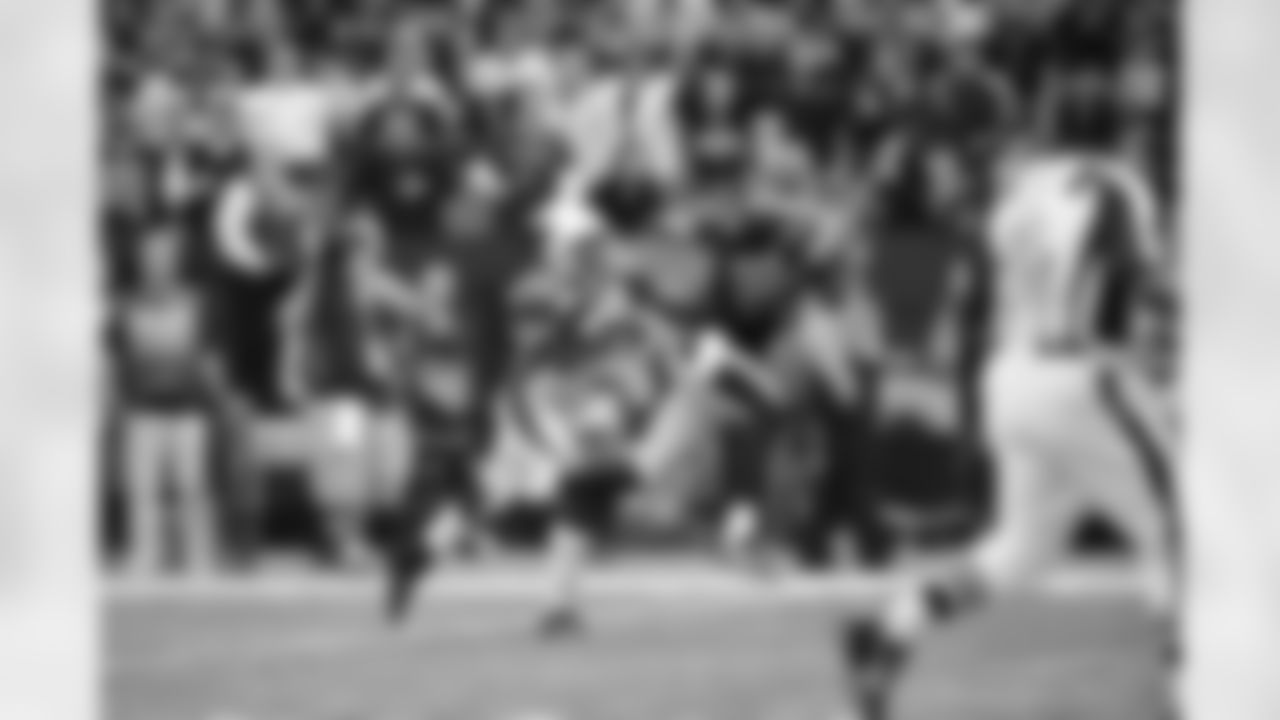
Take a look back at the top photos from New Orleans Saints legend Devery Henderson's career with New Orleans as he gets set to be inducted into the Saints Hall of Fame's 2022 class.
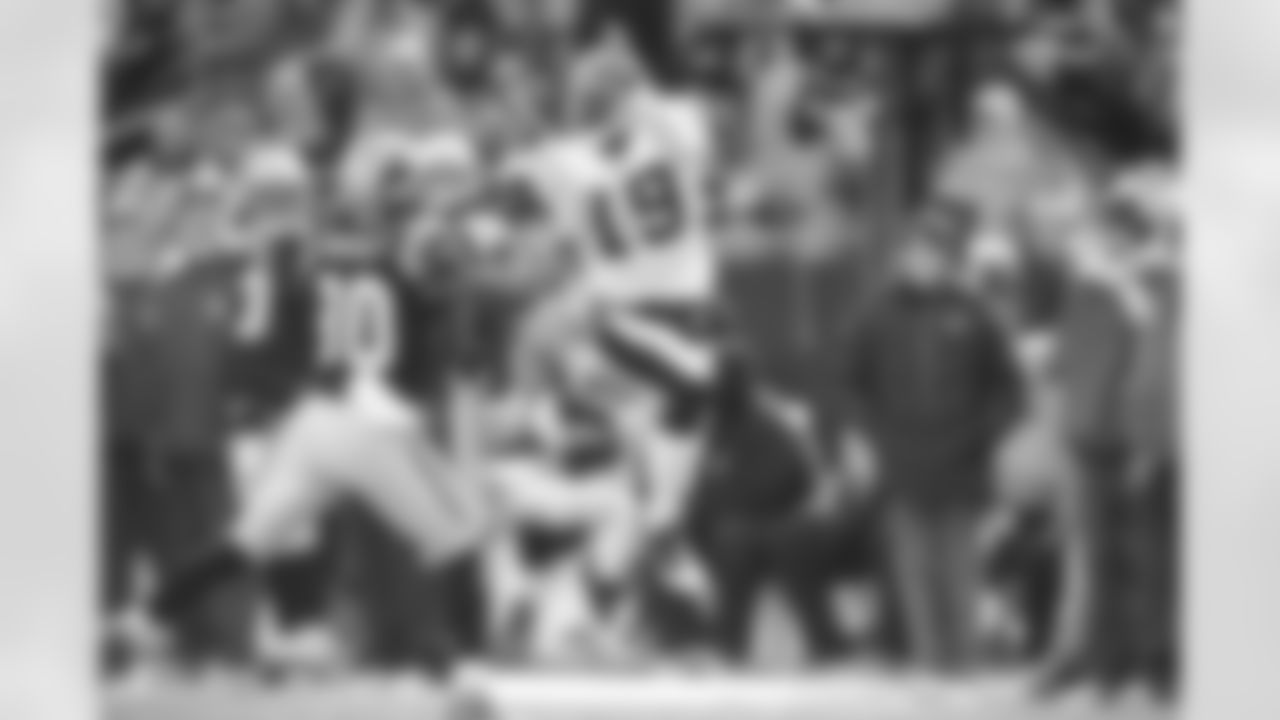
Take a look back at the top photos from New Orleans Saints legend Devery Henderson's career with New Orleans as he gets set to be inducted into the Saints Hall of Fame's 2022 class.
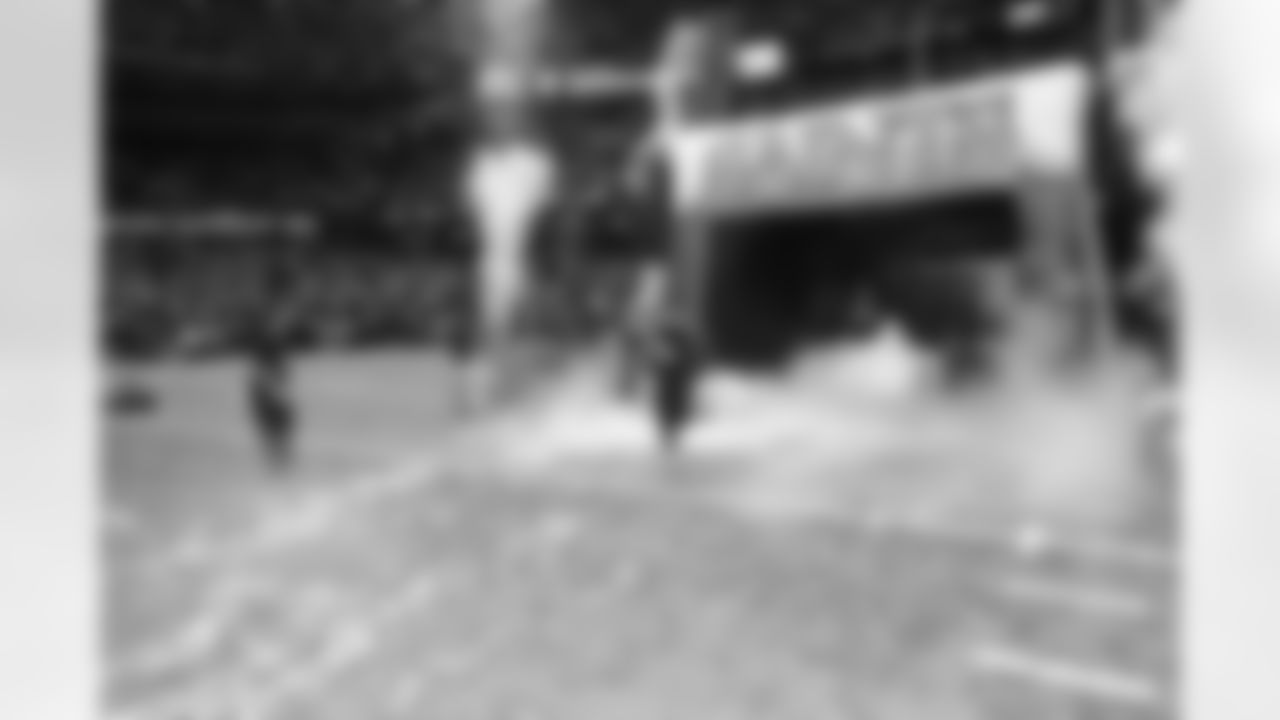
Take a look back at the top photos from New Orleans Saints legend Devery Henderson's career with New Orleans as he gets set to be inducted into the Saints Hall of Fame's 2022 class.

Take a look back at the top photos from New Orleans Saints legend Devery Henderson's career with New Orleans as he gets set to be inducted into the Saints Hall of Fame's 2022 class.
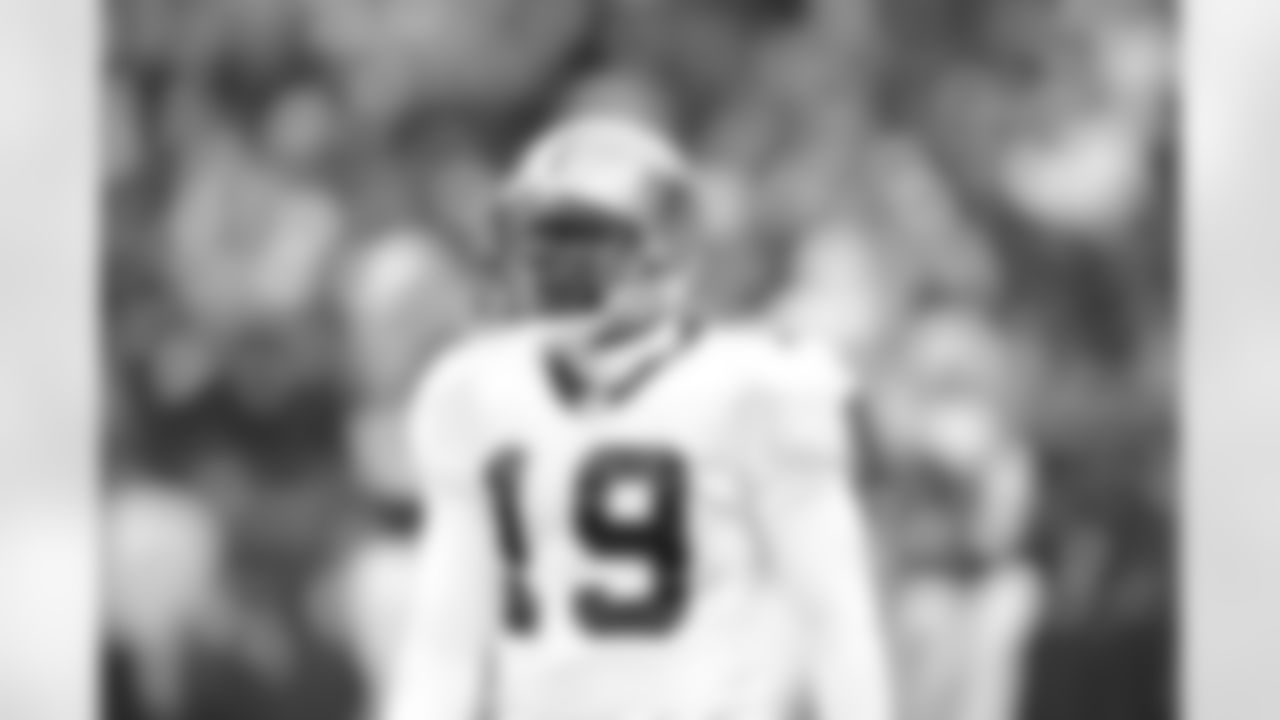
Take a look back at the top photos from New Orleans Saints legend Devery Henderson's career with New Orleans as he gets set to be inducted into the Saints Hall of Fame's 2022 class.
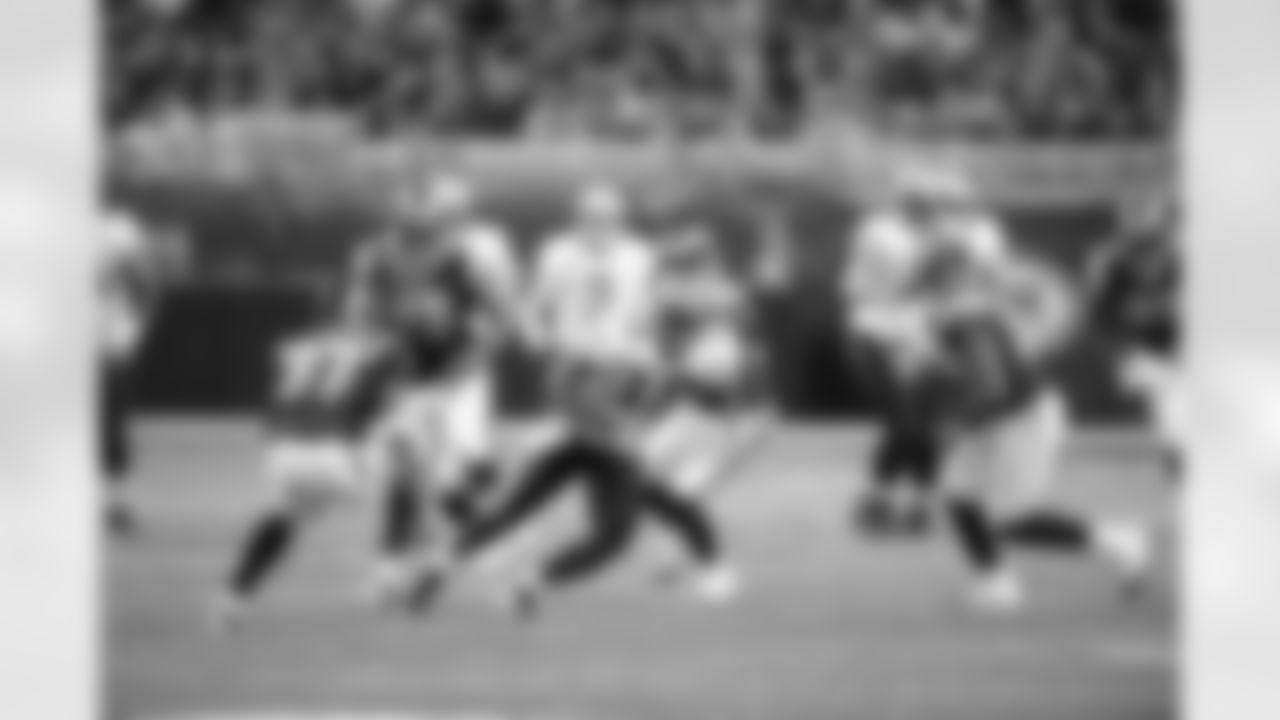
Take a look back at the top photos from New Orleans Saints legend Devery Henderson's career with New Orleans as he gets set to be inducted into the Saints Hall of Fame's 2022 class.
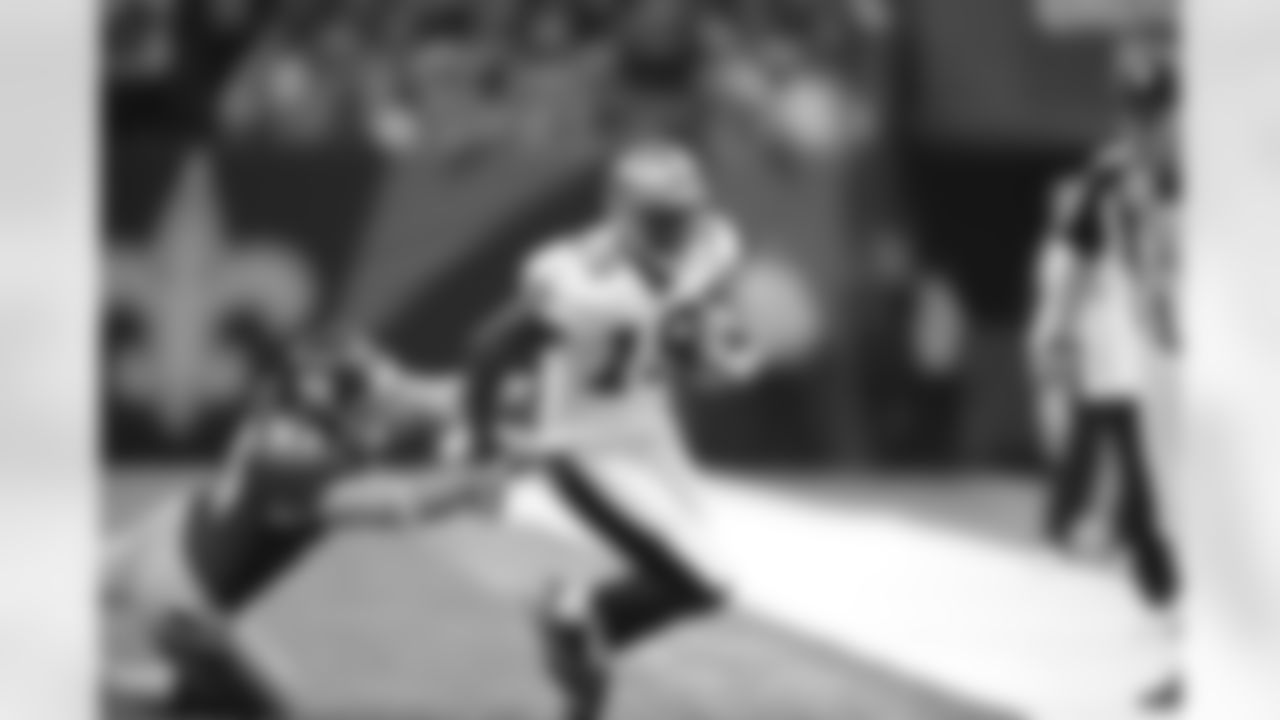
Take a look back at the top photos from New Orleans Saints legend Devery Henderson's career with New Orleans as he gets set to be inducted into the Saints Hall of Fame's 2022 class.
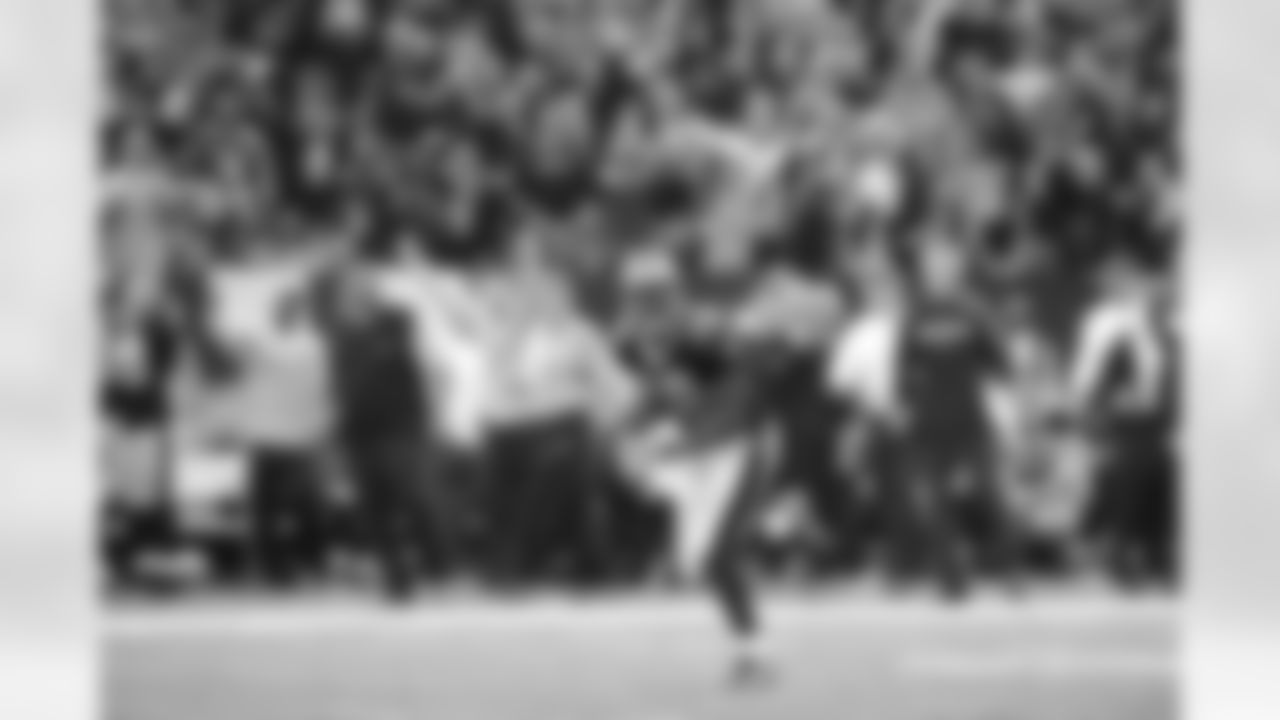
Take a look back at the top photos from New Orleans Saints legend Devery Henderson's career with New Orleans as he gets set to be inducted into the Saints Hall of Fame's 2022 class.

Take a look back at the top photos from New Orleans Saints legend Devery Henderson's career with New Orleans as he gets set to be inducted into the Saints Hall of Fame's 2022 class.
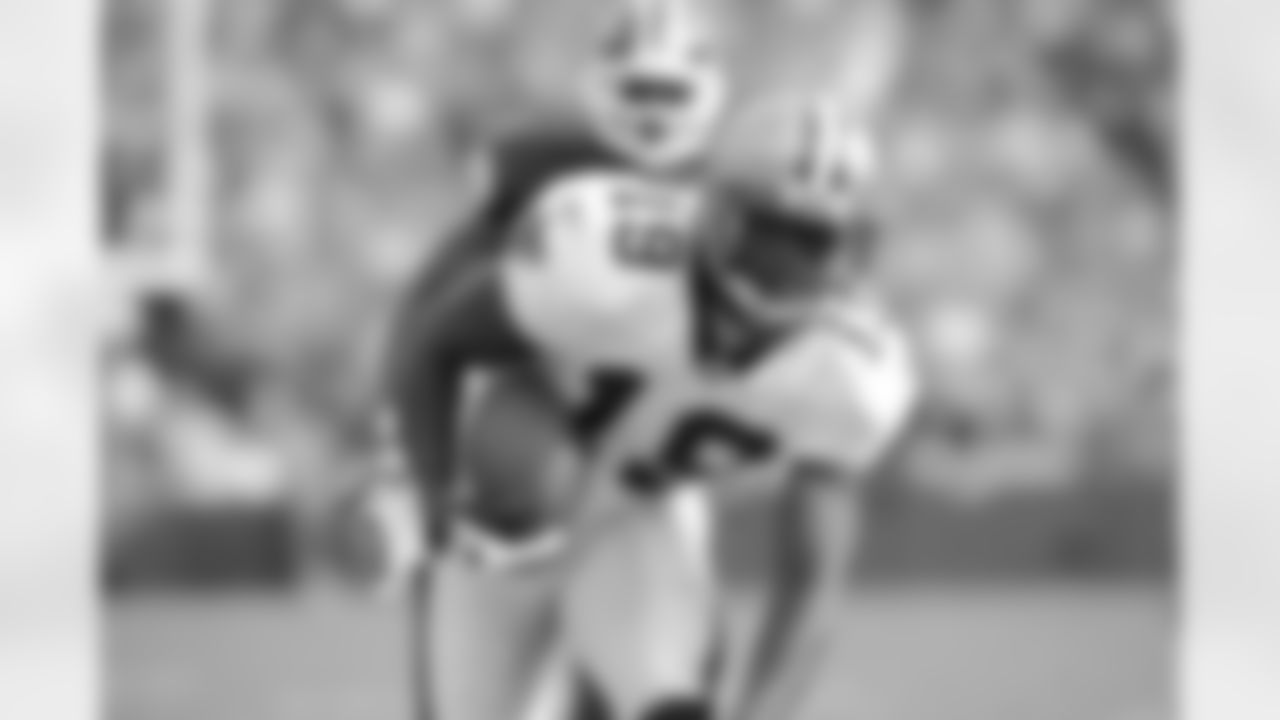
Take a look back at the top photos from New Orleans Saints legend Devery Henderson's career with New Orleans as he gets set to be inducted into the Saints Hall of Fame's 2022 class.
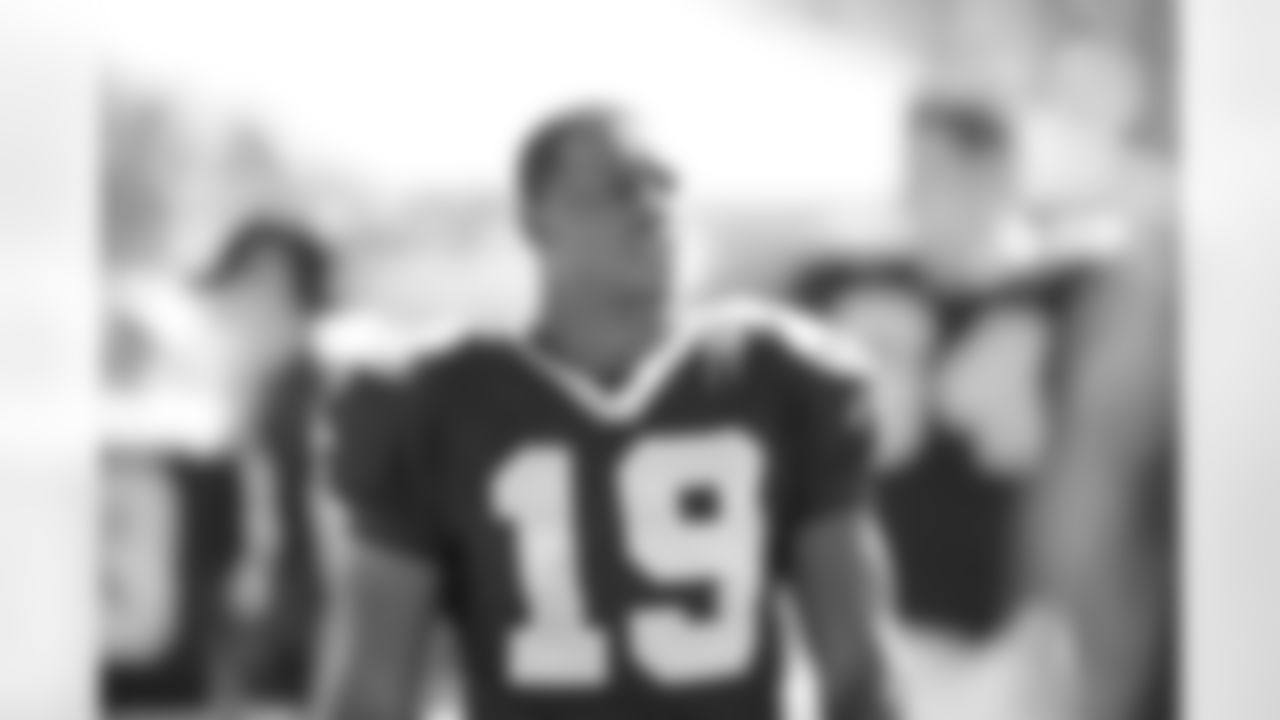
Take a look back at the top photos from New Orleans Saints legend Devery Henderson's career with New Orleans as he gets set to be inducted into the Saints Hall of Fame's 2022 class.

Take a look back at the top photos from New Orleans Saints legend Devery Henderson's career with New Orleans as he gets set to be inducted into the Saints Hall of Fame's 2022 class.
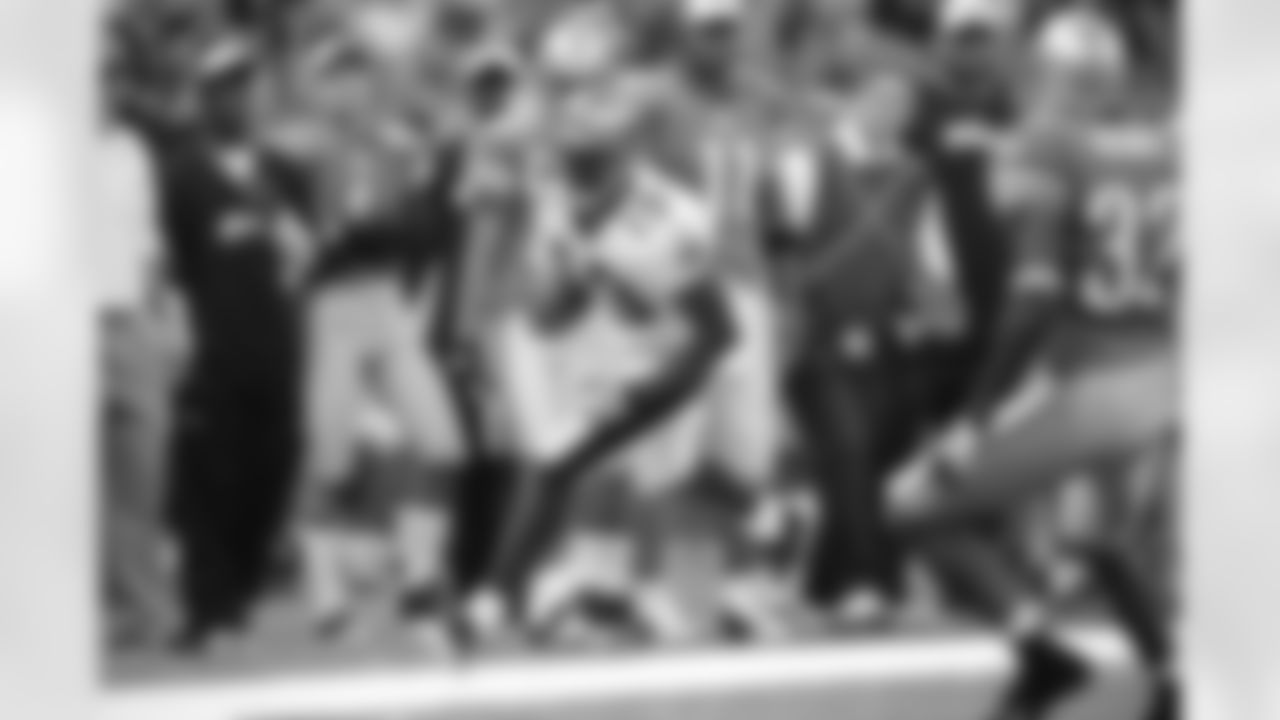
Take a look back at the top photos from New Orleans Saints legend Devery Henderson's career with New Orleans as he gets set to be inducted into the Saints Hall of Fame's 2022 class.
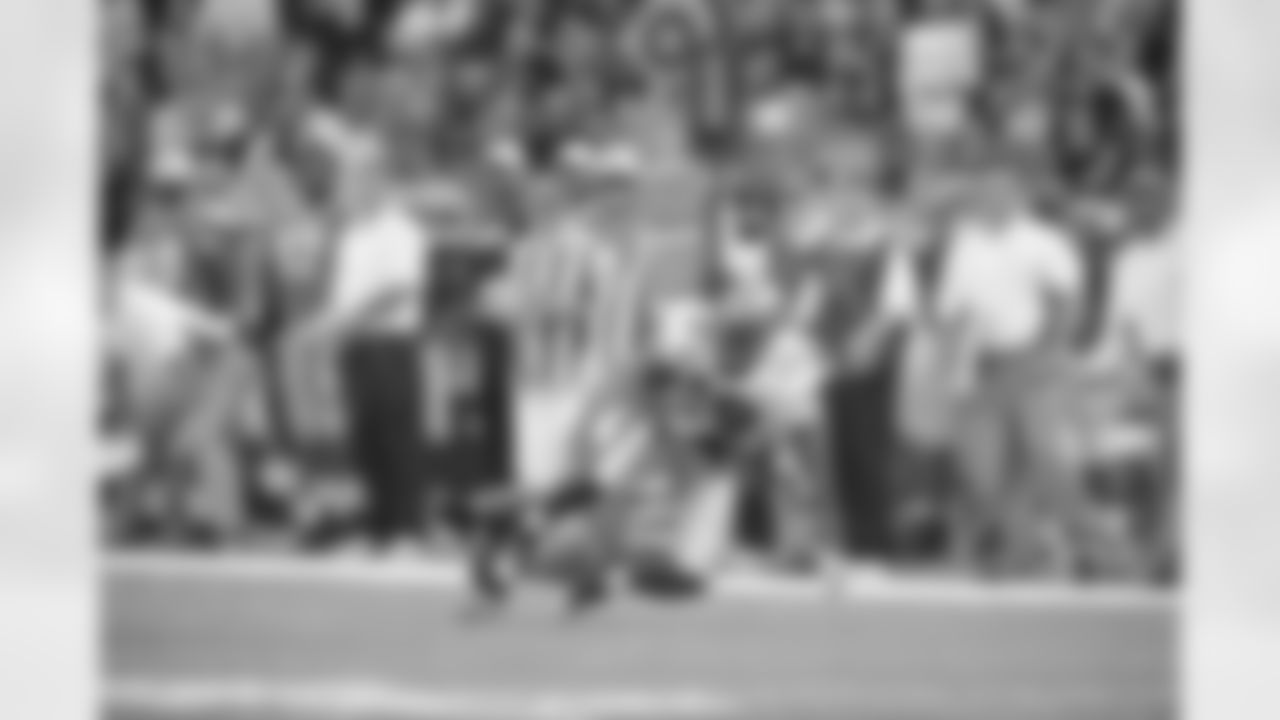
Take a look back at the top photos from New Orleans Saints legend Devery Henderson's career with New Orleans as he gets set to be inducted into the Saints Hall of Fame's 2022 class.
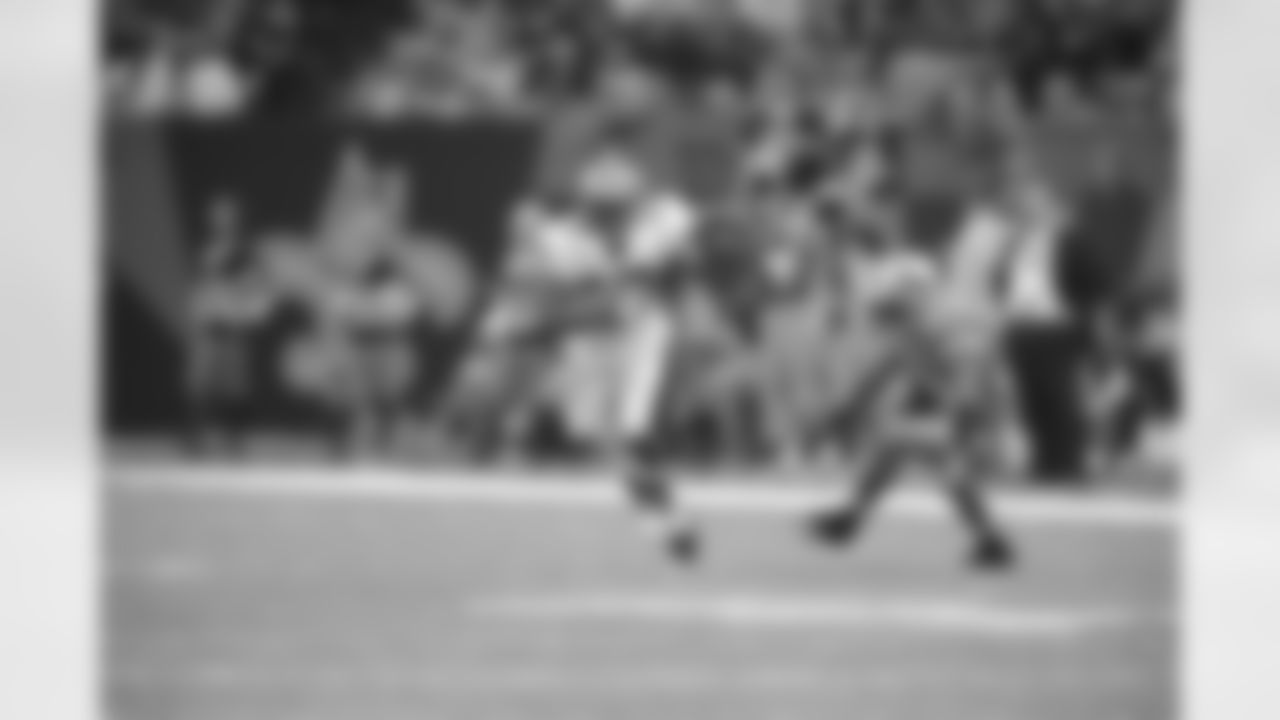
Take a look back at the top photos from New Orleans Saints legend Devery Henderson's career with New Orleans as he gets set to be inducted into the Saints Hall of Fame's 2022 class.
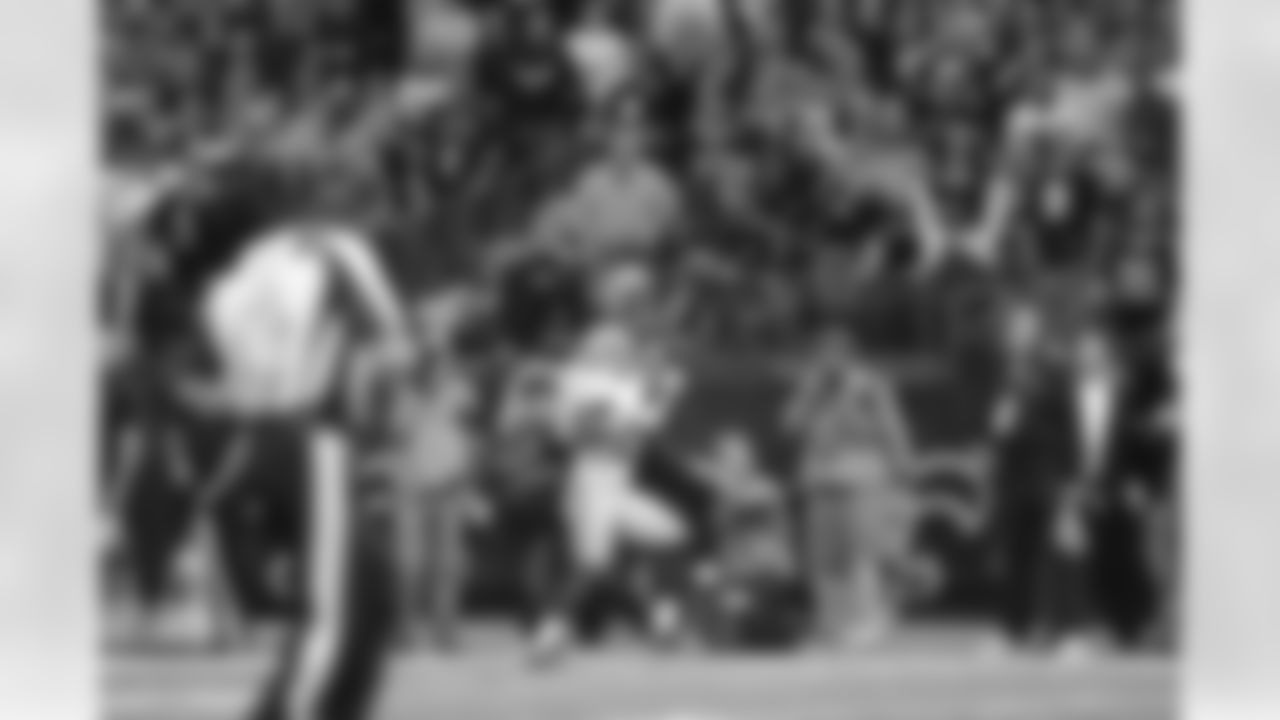
Take a look back at the top photos from New Orleans Saints legend Devery Henderson's career with New Orleans as he gets set to be inducted into the Saints Hall of Fame's 2022 class.
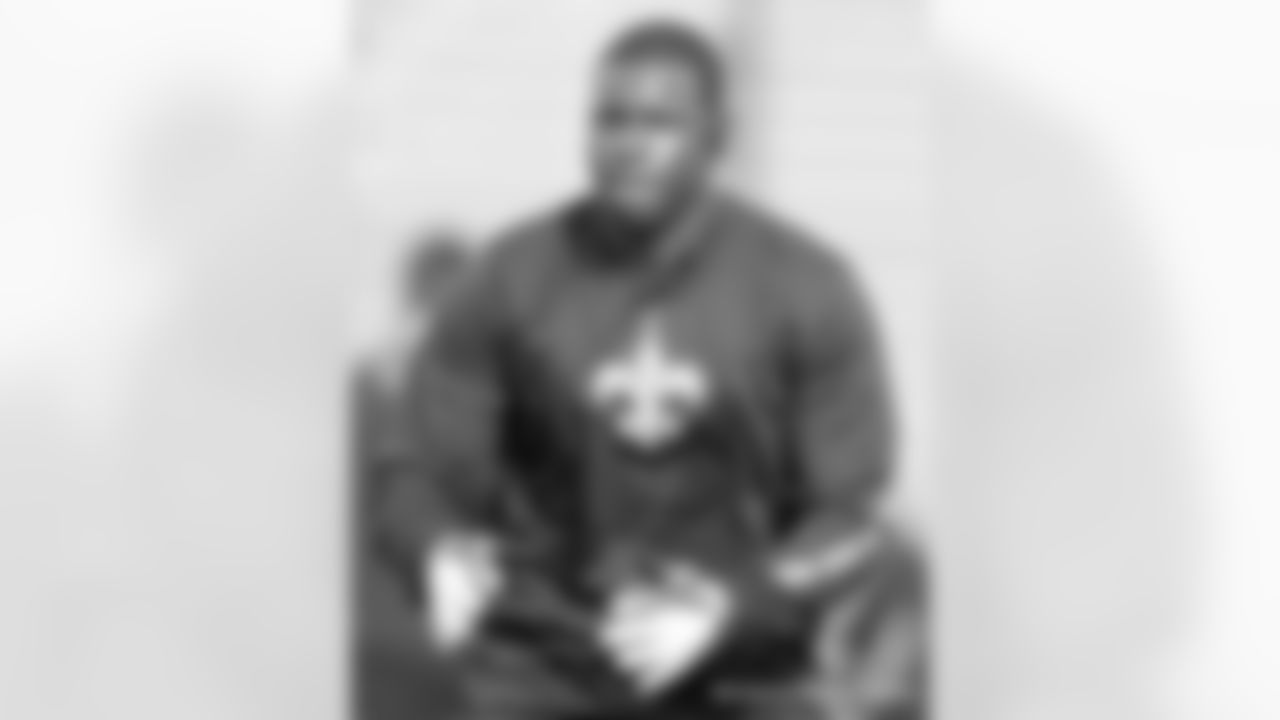
Take a look back at the top photos from New Orleans Saints legend Devery Henderson's career with New Orleans as he gets set to be inducted into the Saints Hall of Fame's 2022 class.
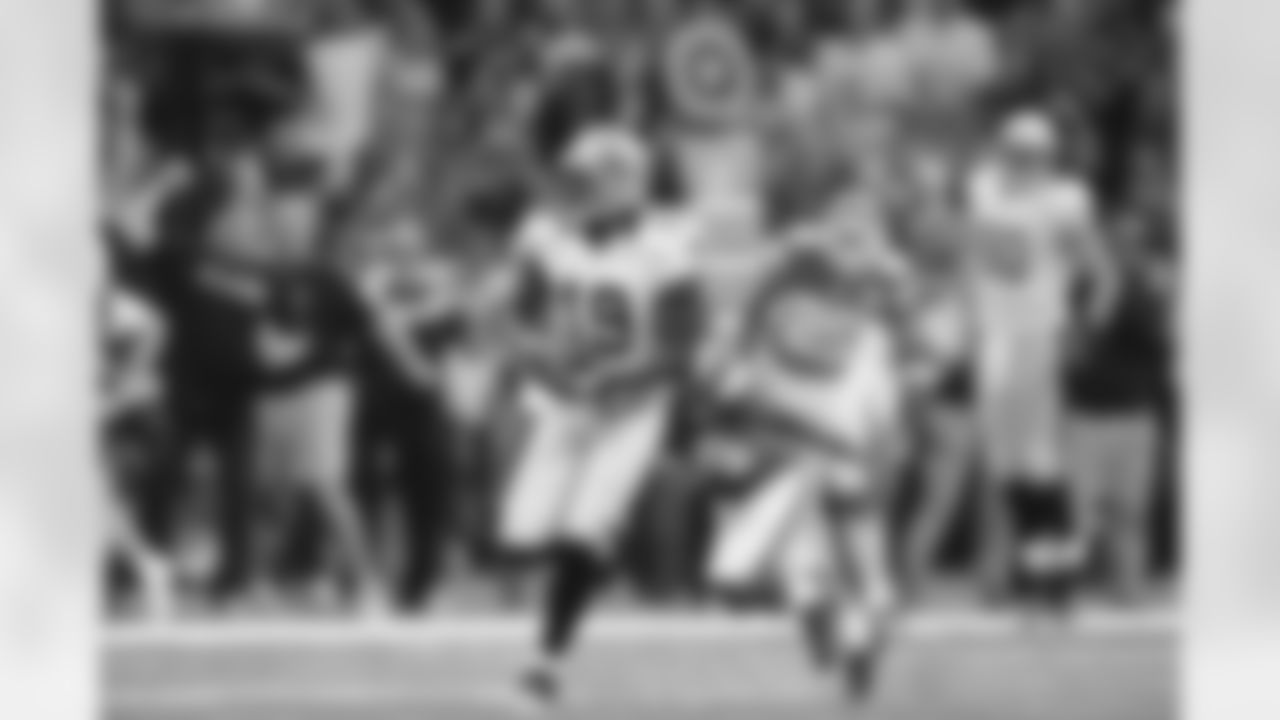
Take a look back at the top photos from New Orleans Saints legend Devery Henderson's career with New Orleans as he gets set to be inducted into the Saints Hall of Fame's 2022 class.
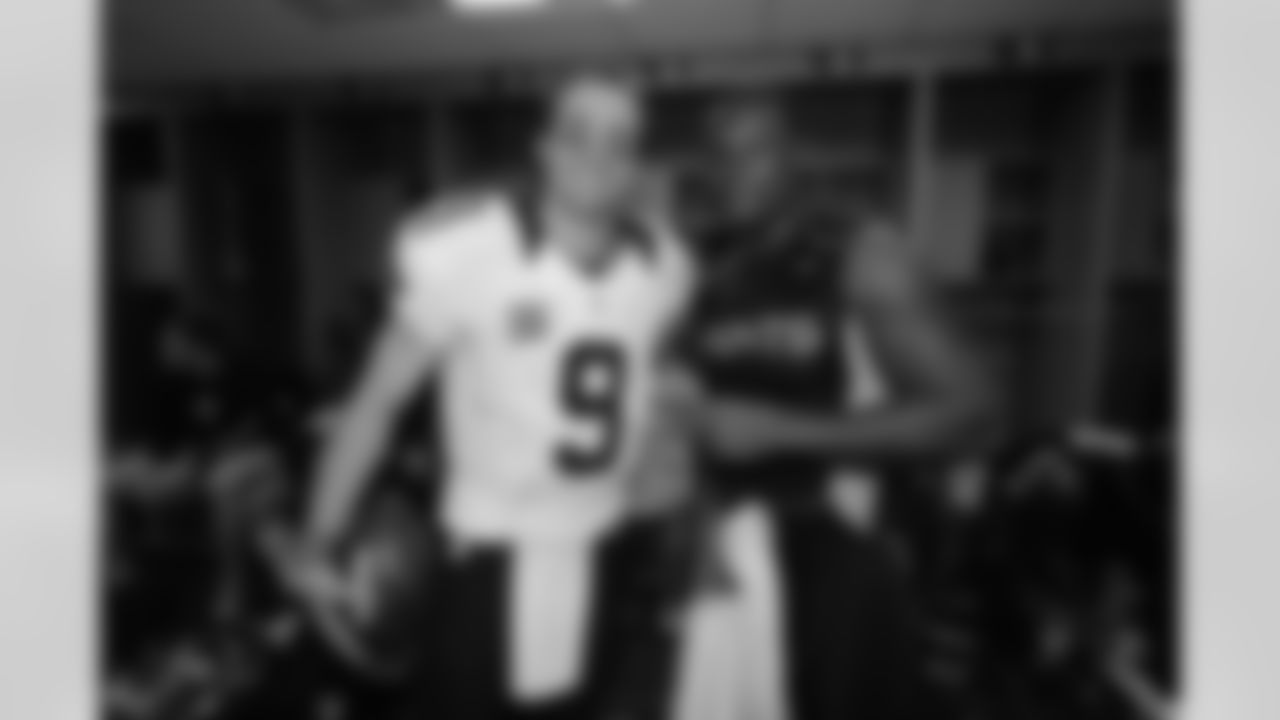
Take a look back at the top photos from New Orleans Saints legend Devery Henderson's career with New Orleans as he gets set to be inducted into the Saints Hall of Fame's 2022 class.
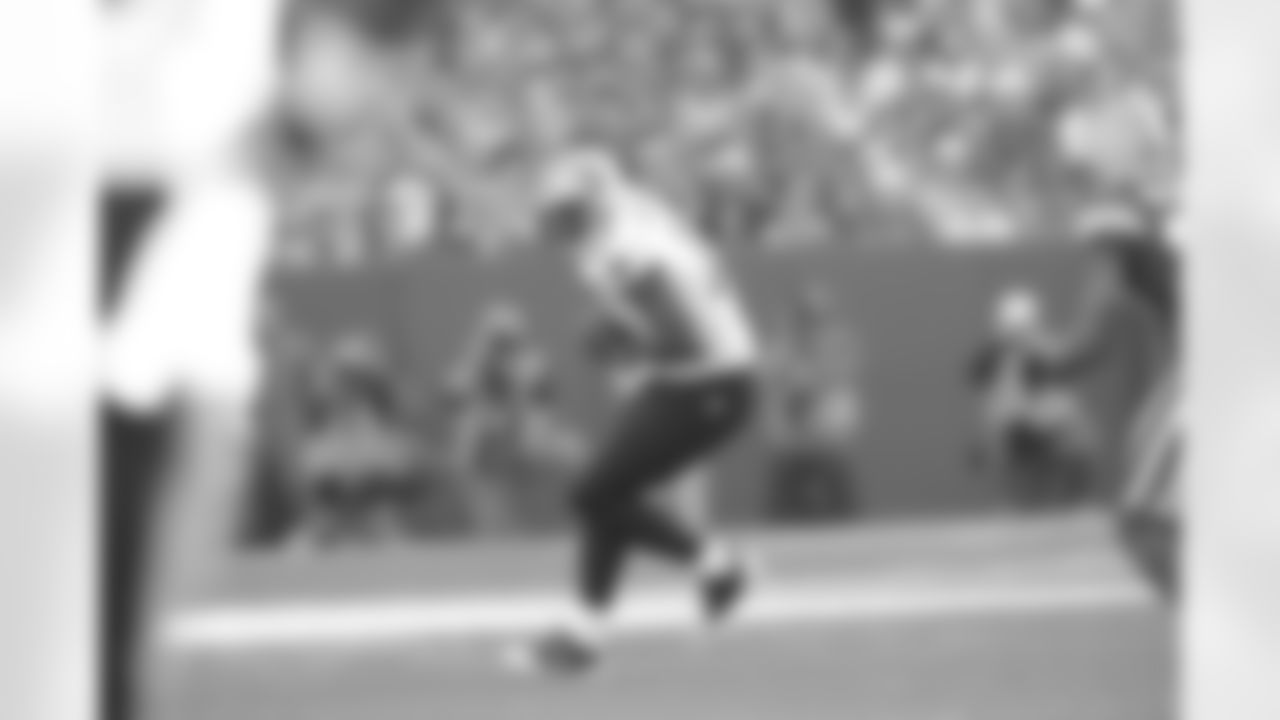
Take a look back at the top photos from New Orleans Saints legend Devery Henderson's career with New Orleans as he gets set to be inducted into the Saints Hall of Fame's 2022 class.
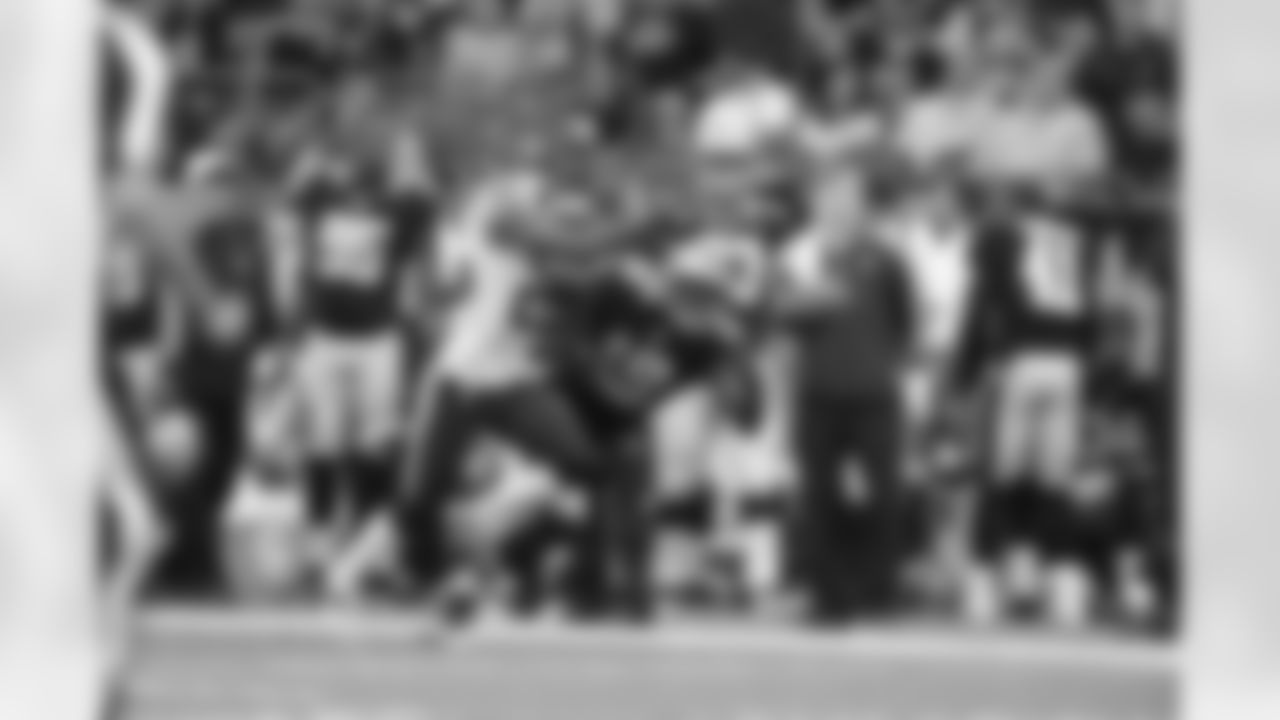
Take a look back at the top photos from New Orleans Saints legend Devery Henderson's career with New Orleans as he gets set to be inducted into the Saints Hall of Fame's 2022 class.
He represented well on the field in New Orleans. After a slow start – no catches in one game as a rookie, then 22 for 343 yards and three touchdowns in his second season – the speedy, 2004 second-round draft pick took off.
Henderson caught 32 passes for 745 yards and five touchdowns in 2006, his first in Coach Sean Payton's offense and with Drew Brees at quarterback, leading the league in yards per catch (23.3), and went on to finish with 245 catches for 4,377 yards and 20 touchdowns in nine seasons. He also led the league in yards per catch in 2008, when he caught 32 passes for 793 yards (24.8 per catch) and three touchdowns, and is the franchise all-time leader at 17.9 yards per reception.
"I had no idea the Saints were even interested in me," he said. "In college (at LSU), the other wide receiver we had was Michael Clayton. Mike was a first-round pick, I was a second-round pick but the Saints actually brought him in for a visit during the predraft stuff. They didn't bring me in. It was just ironic that they drafted me.
"I just thought I was going to be out of state somewhere, ready to go on the West Coast or where it was cold or something like that. I got a '504' number calling my phone and it was like, 'I know this is not the Saints.'"
It was, but it wasn't the last time he wondered whether the Saints were interested.
After the coach, Jim Haslett, under whom he was drafted was fired, and Henderson's resume consisted of those first two seasons, he didn't have total confidence that Payton and the new staff would have room for him on their roster.
"At that time, I was real green," Henderson said. "I didn't understand the NFL, how it works. There was a learning curve. In my eyes, I just felt everything was good until you start seeing this one here getting cut and this coach leaving and all that. That was my first rodeo with that and my first experience with that.
"I was just crossing my fingers, hoping they keep me. But I had a conversation with C.J. (former receivers coach Curtis Johnson) when they first got the job. We hadn't practiced or anything. I went to meet him and he seemed pretty cool, seemed like he was ready to roll and I was in the plan, and that gave me a sense of relief.
"The conversation wasn't really that they had big plans for me. I think with C.J., the thing was he let us all know we were talented and a good group of guys and stuff, and basically like, if you're willing to work, we're going to get to work and see where it goes from there. He never promised anything. It was clear that I was going to have to go in there and work for whatever I wanted."
That leadership and role in Henderson's development is the reason he chose Johnson as his presenter for the Saints Hall of Fame.
"Basically, he was real instrumental in my growth to becoming a complete wide receiver, a person, everything," Henderson said. "When he came I was young and really hadn't had any real guidance at the time. I leaned on older guys on the team, but I was new to everything. I wasn't around guys growing up that played in the NFL.
"When I started witnessing guys going to the NFL is when I was at LSU and some of my former teammates got drafted or went to the league, stuff like that. I don't have anybody from my hometown to say, 'I did it like you, this is what to expect, this is what you're going to see.' I had to navigate and learn my way and adapt on my own.
"I didn't have anybody to really guide me, so when he came in, he just helped me out. He was a good male figure, just had a lot of wisdom and a lot of life that he could pass down, life lessons. It helped me become a better player and a better person. He would challenge you. He'd constantly remind you how good you're not. That approach, it kept us working, kept us working, kept us working. He never was satisfied and he never let us be satisfied with what we were doing. Keep working, you can always do more."
For Henderson, "more" led to this. The only place where he needed to be loud – the field – led to this.














